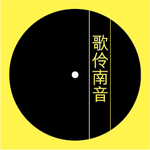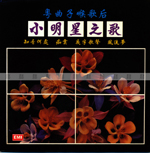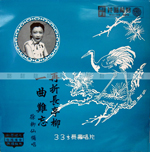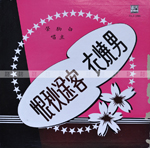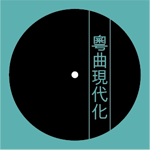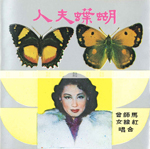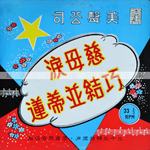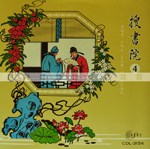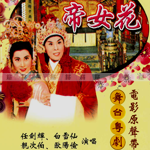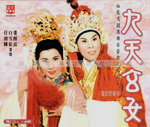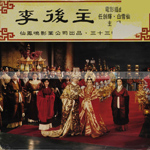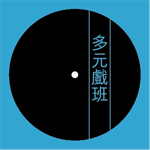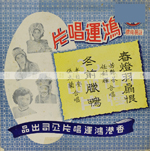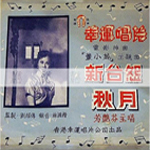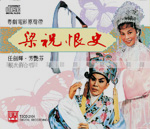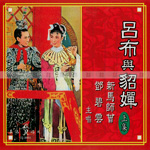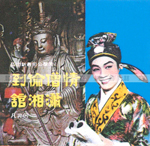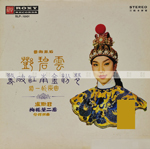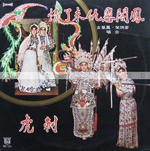Since the early twentieth century, Hong Kong has always been an important venue for Cantonese opera development. After 1949, as a result of political turmoil in the Mainland, performers and troupes converged and resettled in the territory, leading to a tremendous prospering of Cantonese opera in the subsequent decade. This development is linked intimately with the rise of the electronic media.
Performers and troupes began to grasp the possibilities offered by film and radio to re-examine age-old performance practices with regard to acting, singing, script writing, instrumentation, and stage set-up. They brought in novel elements from the theatre and movie world, and participated in the production of films and records. With these acts, they are extending the movement to modernize Cantonese opera that began in the 1930s.
Wong Jum-sum was thoroughly immersed in the world of Cantonese opera from young. Through his close encounter with master performers like Hung Sin-nui, Ma Si-tsang, Yam Kim-fai, Pak Suet-sin and Tong Dik-sang, he witnessed first hand the modernization of Cantonese opera, and was mightily moved by the adventure and passion he saw.
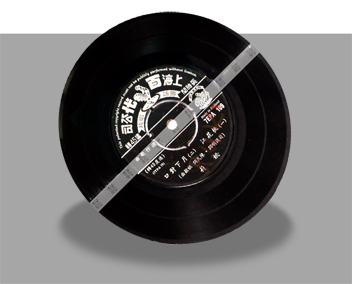

作曲:姚敏
作詞:陳蝶衣
主唱:姚莉、潘正義
姚:天上的明月光呀照在那窗兒外
你不要費疑猜窗裏人也沒有睡
我不是睡不穩呀只因為你要來
守在那窗外靜等待所以窗不開
你不要費疑猜窗裏人也沒有睡
守在那窗外靜等待明白不明白
潘:你生來好風采呀像仙女下凡來
人嬌美歌輕脆彷彿笙歌天上飛
我聽了你歌唱呀心花兒朵朵開
只希望和你長相偎永遠不分開
你唱歌我跟隨一天聽個千百回
只希望和你長相偎永遠不分開
姚:我是個農家女呀缺少那好風采
你讚美我慚愧烏鴉難與鳳凰配
我只好鄉村待呀永遠不離開
自己種花兒自己愛等著那花兒開
等花開把花採自己採花自己戴
只能夠常在鄉村待永遠不離開
合:永遠不離開
